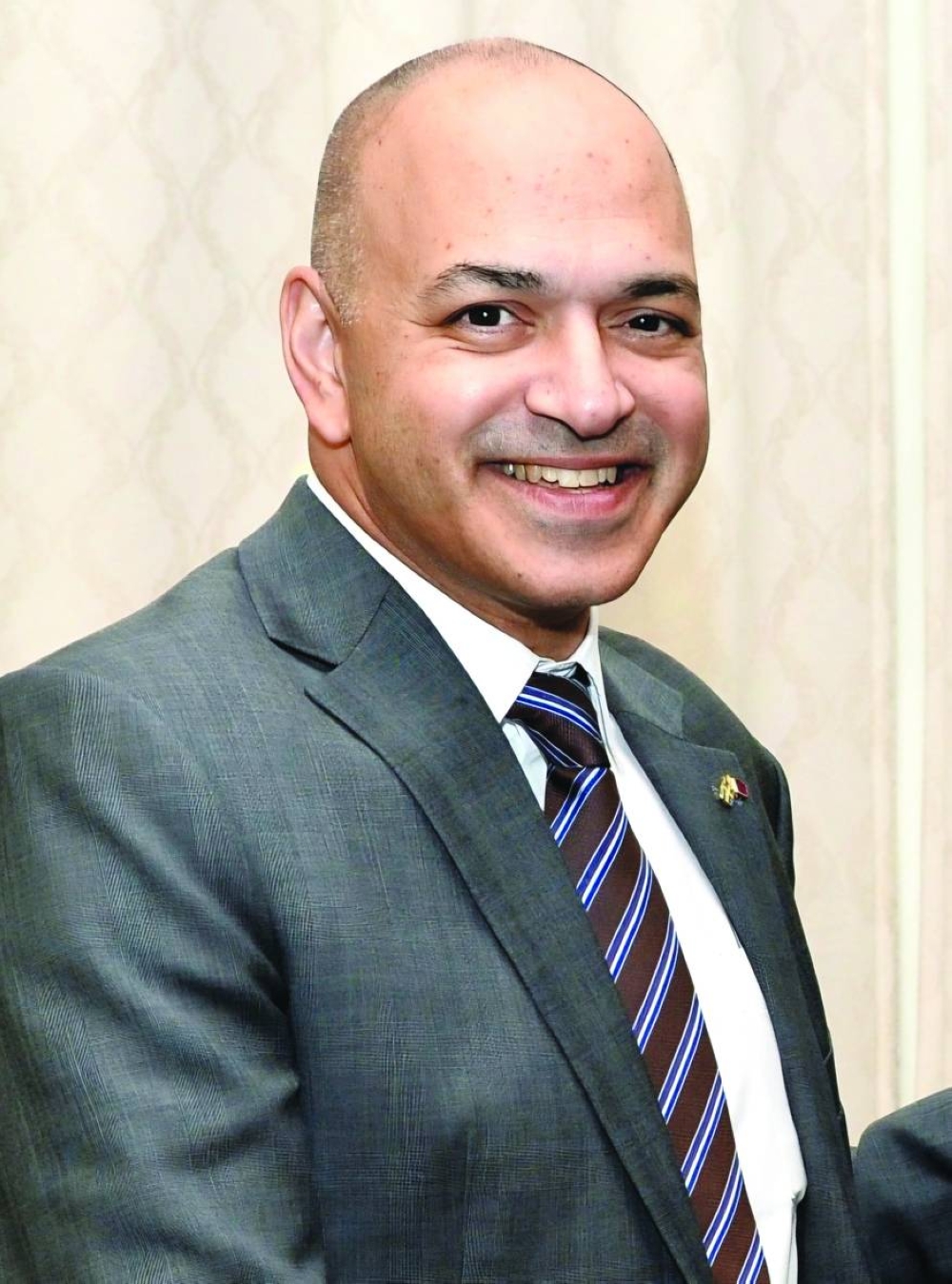Qatar has abundant opportunities for Swedish companies to contribute to the Gulf nation’s ambitious goals to position itself as a regional hub for sports, tourism, and mega-events, Swedish ambassador Gautam Bhattacharyya has said.
Citing the successful hosting of the 2022 FIFA World Cup, Bhattacharyya emphasised Swedish telecom giant Ericsson’s successful 5G rollout during the global sporting event. “This underscores how the company assured the technical backbone during the football matches. We also had a Swedish firm providing the state-of-the-art pool for the World Aquatics Championships that Doha recently hosted,” he pointed out.
Beyond infrastructure, the ambassador emphasised that people-to-people ties are flourishing through the sports arena: “Sweden is a great sporting nation. And Swedish experts are working in Qatar across football, table tennis, horse riding, and more. Swedish teams visit here frequently for the country’s training camps, leveraging Qatar’s world-class facilities.”
Similarly, Bhattacharyya lauded Aspetar, a world-leading specialised orthopaedic and sports medicine hospital headquartered in Doha and the first of its kind in the Middle East. Under Aspetar’s elite athlete healthcare services, the ambassador said Swedish national level athletes regularly receive world-class treatment and rehabilitation there. “Sweden is also well-known for sports therapy and there is further scope for collaboration in this field” Bhattacharyya noted.
Asked how businesses from Sweden and Qatar could contribute to strengthening cultural ties and fostering mutual understanding, Bhattacharyya underscored commonalities between the two nations, describing them as smaller countries that have transitioned from subsistence level to export-led wealth.
“Both peoples, Qataris and Swedes, were traditionally hardy, self-sufficient and very hardworking, affected by the often harsh climate and nature in both countries, so there is some kind of basic similarity in their inherited cultural substrata. Today, Sweden is a very hyper-modern, innovative European country with fairly individualistic values.
“Qatar, on the other hand, has a more family-oriented, collectivistic value. But still, or precisely because of the differences, there is ample space for collaboration in culture, sports and other areas” the ambassador explained.
According to Bhattacharyya, Qatar’s acquisition of a major Turkish 18th century art collection “The Biby Collection”, formerly owned by Sweden, reflects linkages in traditional arts. However, he noted that unconventional synergies are also underway, such as interconnecting the Qatari, Indian, and Swedish film industries through a multi-nation co-production initiative.
“It pays to think out of the box. It’s not always just between Qatar and Sweden. Qatar is a great midway point between many geographies and with top-modern facilities here, allowing room for creative initiatives”.
Moreover, the ambassador noted that Sweden’s large Arab diaspora provides a bridge, evidenced by the prominent Malmo Arab Film Festival, one of the biggest Arab language film festivals in Europe, where Qatari films have received various awards and prizes.
Bhattacharyya also suggested opportunities for mutual learning with Sweden’s approach to inclusive economic growth, citing Swedish expertise in adapting workplaces for those with special needs like autism. “Qatar and Sweden can learn together, especially in implementing new pedagogic methods and technologies for elderly people and children with special needs, such as autism. These are areas where Sweden has a strong focus.
“We have companies specialising in the needs of people who are visually or audibly impaired, or other functional impairments. We have adapted our workplaces to address the needs of these people. And I believe Qatar is taking the same direction, so, again that’s another great area for collaboration,” Bhattacharyya further emphasised.

Swedish ambassador Gautam Bhattacharyya.

